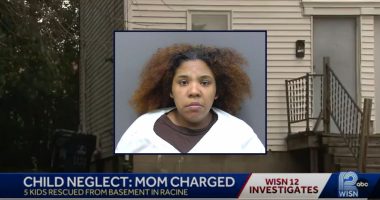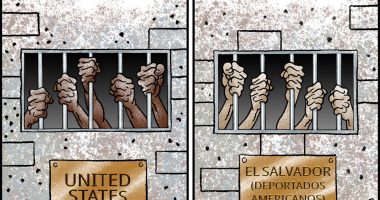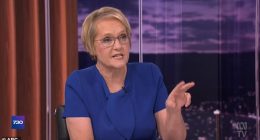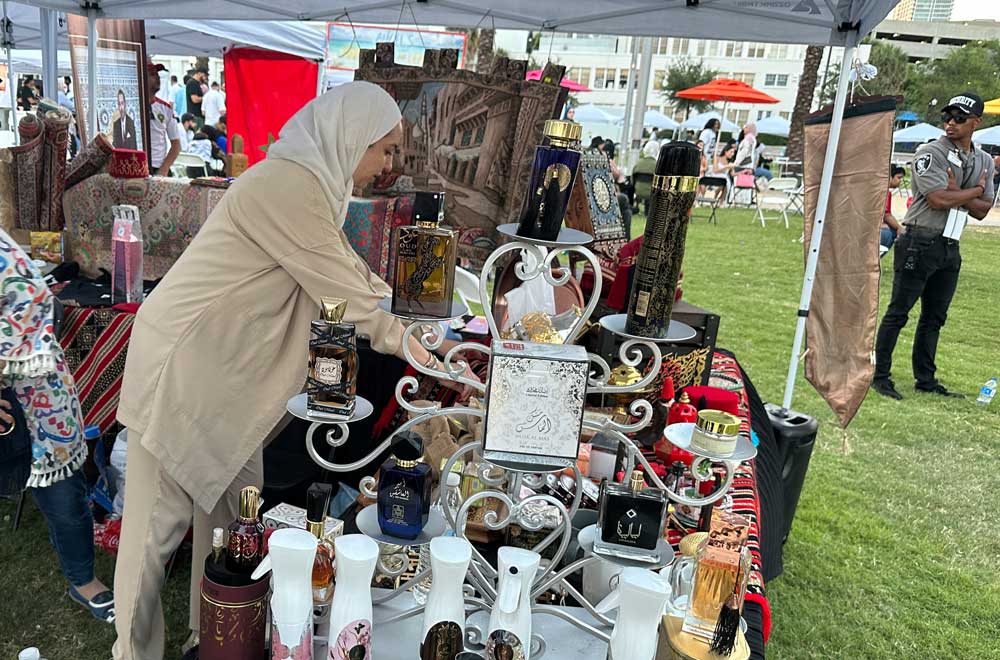
By Farrah Hassen
I’ve always known my Arab culture is worth celebrating.
I heard it in Syrian tenor Sabah Fakhri’s powerful voice reverberating in my mom’s car on the way to piano lessons and soccer practice during my youth. I smelled it in the za’atar, Aleppo pepper, allspice, and cumin permeating the air in the family kitchen.
I saw it in the intricate embroidery on my grandma’s silk robe. And in the determination etched in the faces of my immigrant parents, who raised seven children in Southern California without relinquishing our rich Syrian traditions.
April is National Arab American Heritage Month. It should be a time to celebrate the contributions of the over 3.5 million Arab Americans who strengthen our proud nation.
We have Ralph Nader to thank for consumer protections like automobile safety. We have the late Senator James Abourezk (D-SD) — the first Arab American elected to the U.S. Senate — to credit for landmark legislation championing Indigenous rights. Dr. Mona Hanna-Attisha, a pediatrician, first exposed the Flint, Michigan water crisis.
There are countless others. But right now, it’s impossible to feel celebratory. My community is reeling from the immense pain and horror of an unfolding genocide against the 2.3 million Palestinians of Gaza.
Palestinian Americans have lost family members in Gaza from Israel’s unrelenting bombardment and mass starvation of civilians. Adding insult to injury, Israel is using U.S.-supplied weapons to commit these atrocities.
Palestinian Americans — along with other Arabs — have also been on the receiving end of increased hate crimes, harassment, racist rhetoric, and discrimination, belying the message that they, too, are an integral part of this nation. The American-Arab Anti-Discrimination Committee received 2,500 reports of anti-Arab hate from October to March.
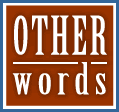 During this period, Wadea Al-Fayoume, a 6-year-old Palestinian American boy from Illinois, was fatally stabbed. Three Palestinian college students were shot in Vermont.
During this period, Wadea Al-Fayoume, a 6-year-old Palestinian American boy from Illinois, was fatally stabbed. Three Palestinian college students were shot in Vermont.
In his proclamation marking this year’s heritage month, President Biden was forced to reckon with Gaza. Instead of announcing a long overdue, permanent ceasefire and an end to U.S. military support for Israel, he offered empty words.
How can Arab American life and culture be celebrated when fellow Arabs are facing erasure in Gaza? Nearly 35,000 Palestinians have been killed in Gaza so far, including nearly 14,000 children. Thousands more remain missing. And at least 576,000 Palestinians are on the brink of famine.
Homes filled with family heirlooms and memories have been systematically destroyed. The ancient olive trees that symbolize Palestinians’ deep-rooted connection to their land haven’t been spared.
It’s easy to feel despair. But what brings me hope is the new generation of Arab Americans organizing, marching, and working with other communities to demand a permanent ceasefire. We are reminded that dissent is the highest form of “patriotism.”
Despite attempts to smear and silence them for supporting Palestinian human rights, their efforts are having an impact. A March 27 Gallup poll showed a significant drop in American public support for Israel’s conduct of the war, from 50 percent in November 2023 to 36 percent now.
Meanwhile, Arab Americans have emerged as a new and powerful voting bloc. Spearheaded by Arab Americans in Michigan, hundreds of thousands of Americans voted “uncommitted” in recent primary elections in Michigan, Minnesota, North Carolina, Massachusetts, and elsewhere to protest U.S. policy in Gaza.
This represents a real shift from the days after 9/11, when Arab Americans faced blanket demonization without any pushback. This is progress, although much more must be done.
We know we belong in America even if we’re not always treated that way. We need enduring collaboration between Arab Americans and policymakers, educators, and community members to defend our rights, create a more equal America, and promote more just U.S. policies abroad — starting with a ceasefire in Gaza.
![]()
 Farrah Hassen, J.D., is a writer, policy analyst, and adjunct professor in the Department of Political Science at Cal Poly Pomona. Born in the United Arab Emirates, raised in the United States, Farrah holds a Master’s in International Affairs from American University’s School of International Service, where she graduated Summa Cum Laude in 2007.
Farrah Hassen, J.D., is a writer, policy analyst, and adjunct professor in the Department of Political Science at Cal Poly Pomona. Born in the United Arab Emirates, raised in the United States, Farrah holds a Master’s in International Affairs from American University’s School of International Service, where she graduated Summa Cum Laude in 2007.



